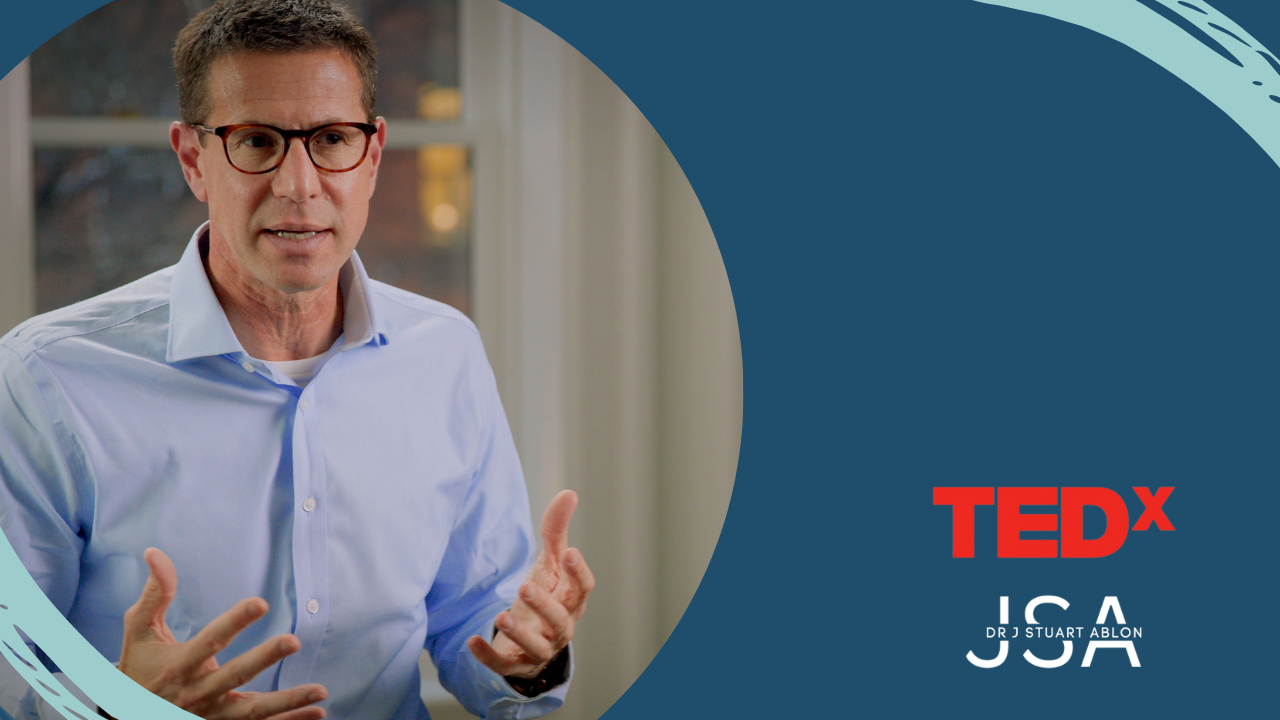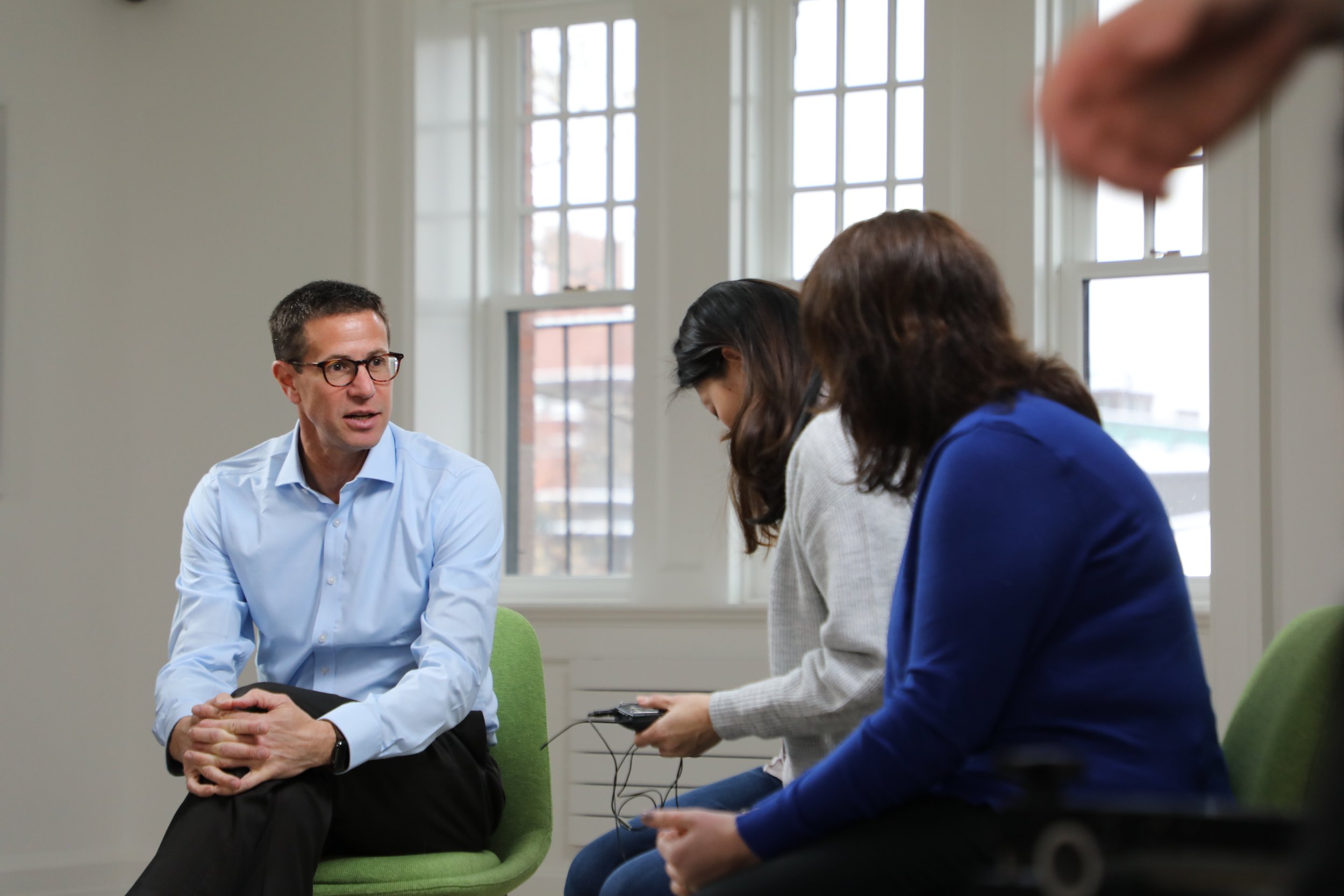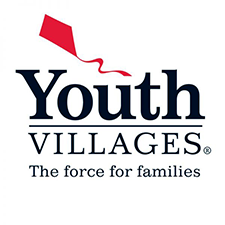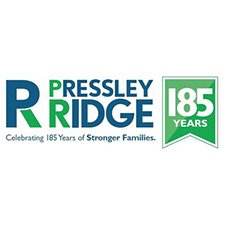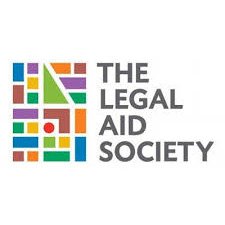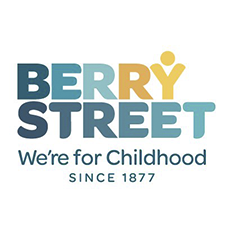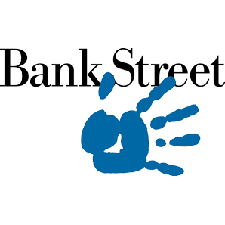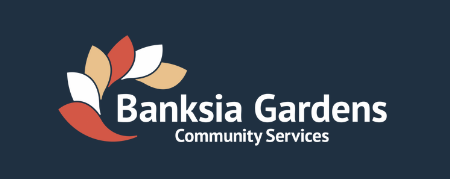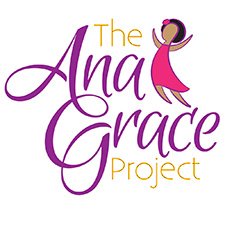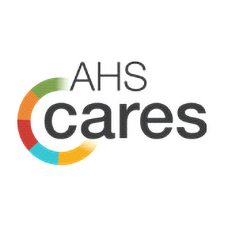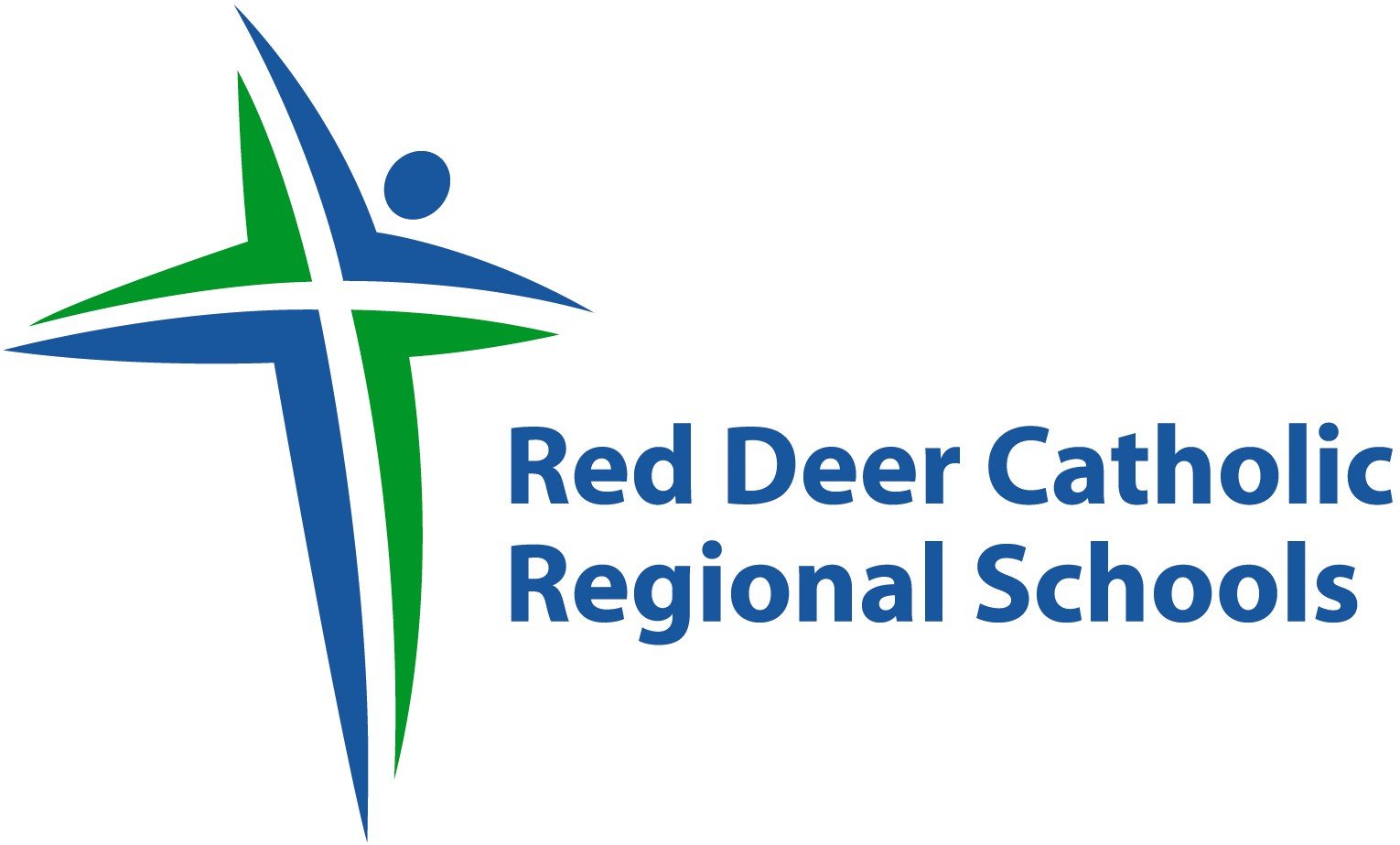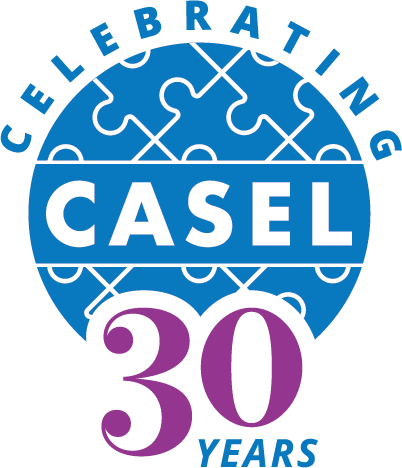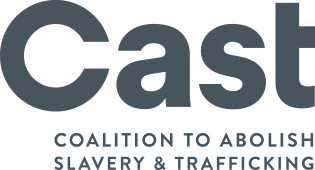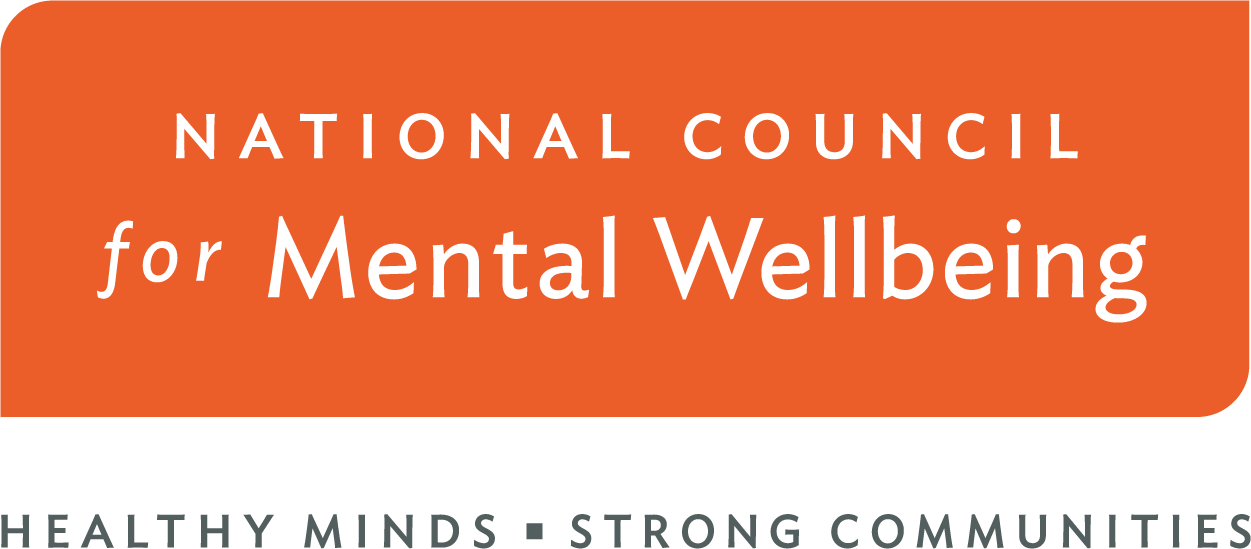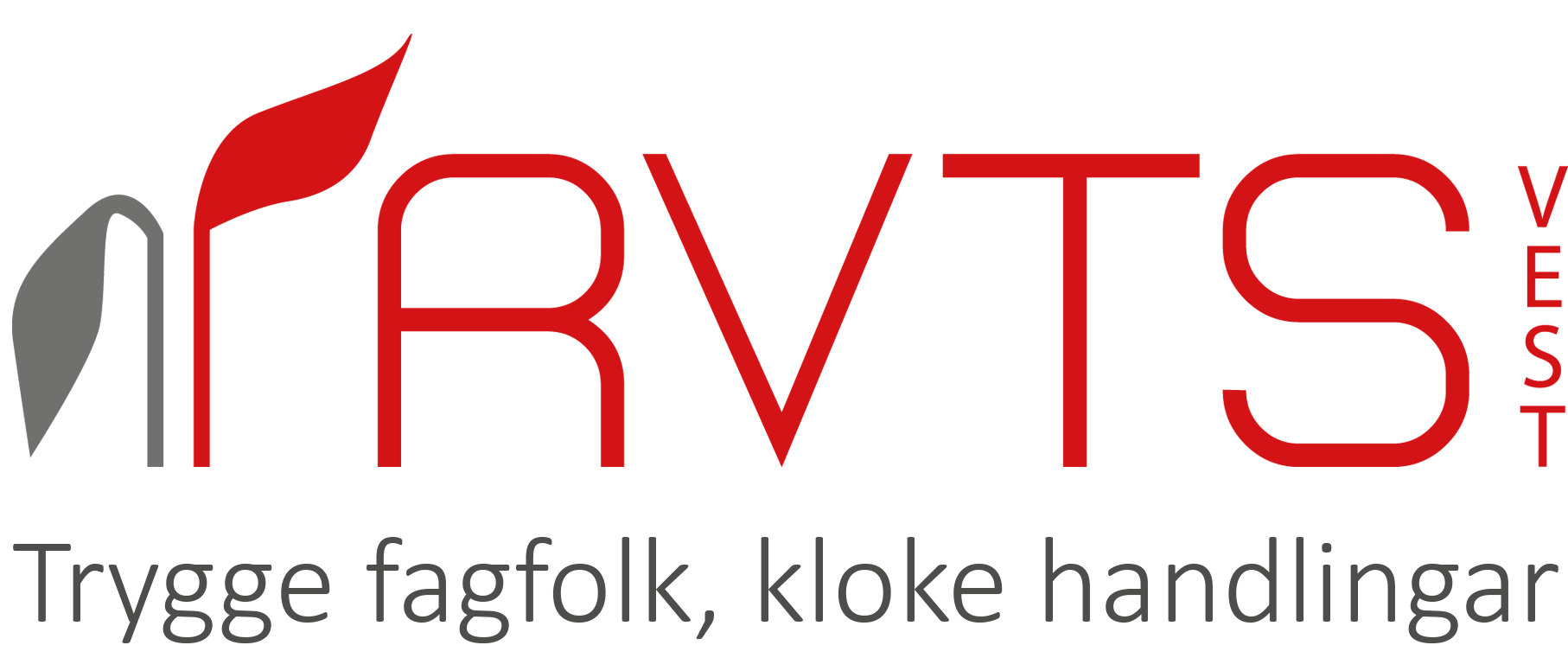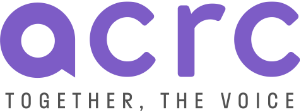We are all able to change…
Behavior is a matter of skill, not will. Skills that can be built. At home, at school and at work.
Rethinking Challenging Behavior: Where There’s a Skill There’s a Way
Changeable: How Collaborative Problem Solving Changes Lives at Home, at School and at Work
Dr. Ablon on Collaborative Problem Solving
As seen At
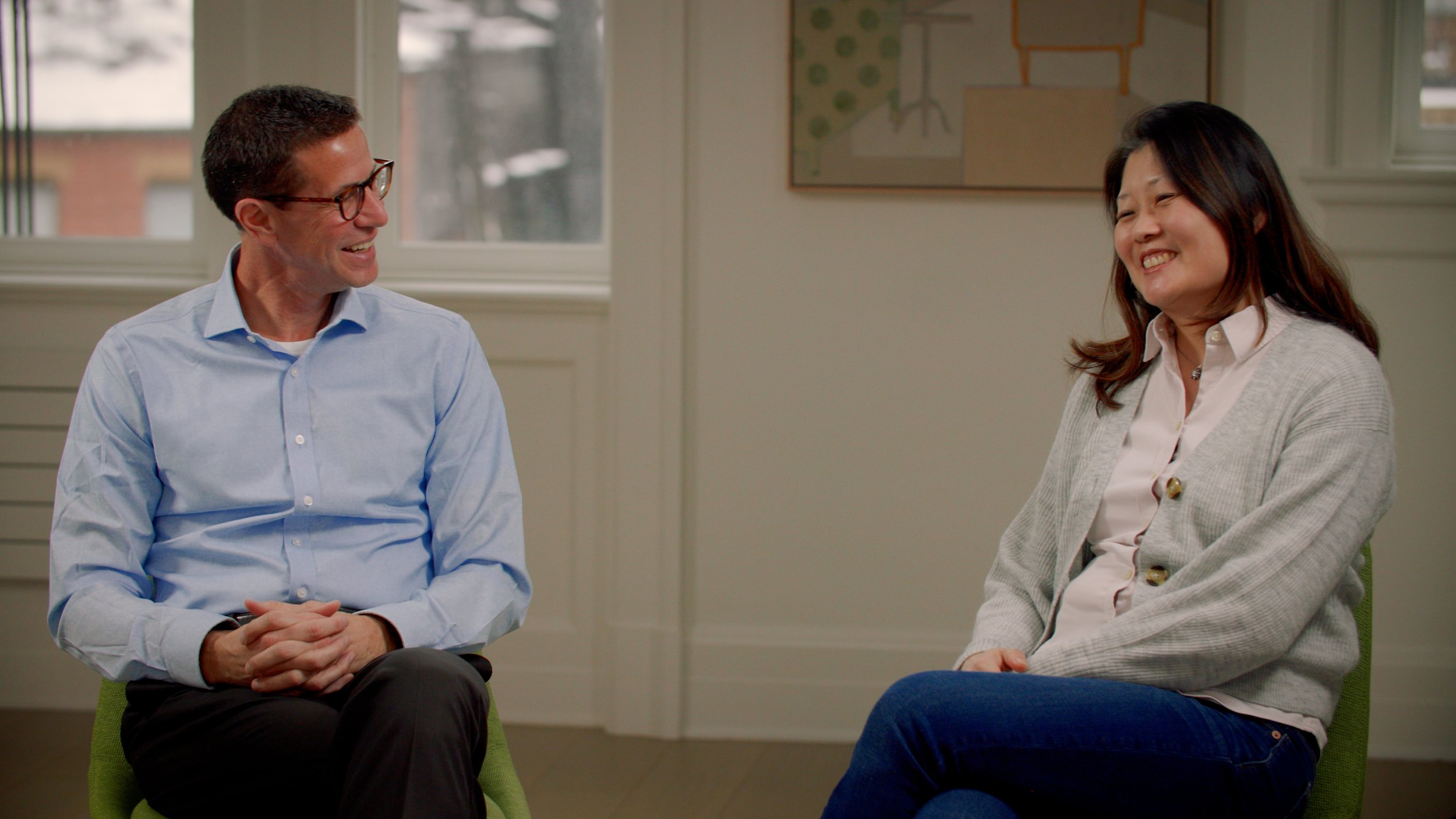
“One of the most insightful hours of my life was just spent with Stuart Ablon explaining the scientific approach to challenging behavior.”
Most requested keynotes include:
Changeable: How Collaborative Problem Solving Changes Lives at Home, At School, and At Work
Parenting, Teaching and Treating Kids with Challenging Behavior: The Collaborative Problem Solving Approach
The School Discipline Fix: The Collaborative Problem Solving Approach
The Double Jeopardy of Behavior Bias: Listening to Science, not Bias, to Reform School Discipline
Reforming School Discipline: Addressing Disproportionality by Decreasing Explicit and Implicit Bias
School and Community Safety: Compliance through Collaboration
From Compliance to Collaboration: Working With (Not Against) Our Children
The Impact of Trauma on Brain Development and What To Do About It: The Collaborative Problem Solving Approach
Leading with Plan B: The Collaborative Problem Solving Approach to Leadership
Skill not will
When someone is behaving in a challenging way, it’s not because they aren’t trying hard enough to behave better. It’s because they are struggling with the skills to do so — skills like — flexibility, frustration tolerance, and problem solving. Skills that underlie virtually every type of mental health issue. That’s good news because skills can be practiced and built at home, school and the workplace.
Collaborative Problem Solving
Dr. Ablon teaches this simple, but powerful, philosophy of skill not will and a proven approach to building the skills that determine our behavior and safeguard our mental health, called Collaborative Problem Solving. Collaborative Problem Solving provides an empirically validated tool for assessing people’s skills, a simple system for deciding how to respond to challenging behavior, and a clear roadmap for solving problems while building skills and relationships.
Collaborative Problem Solving is an evidence-based practice, with data supporting its effectiveness across all kinds of tough settings. So, yes, it can definitely work in your home, school, office or organization too.


